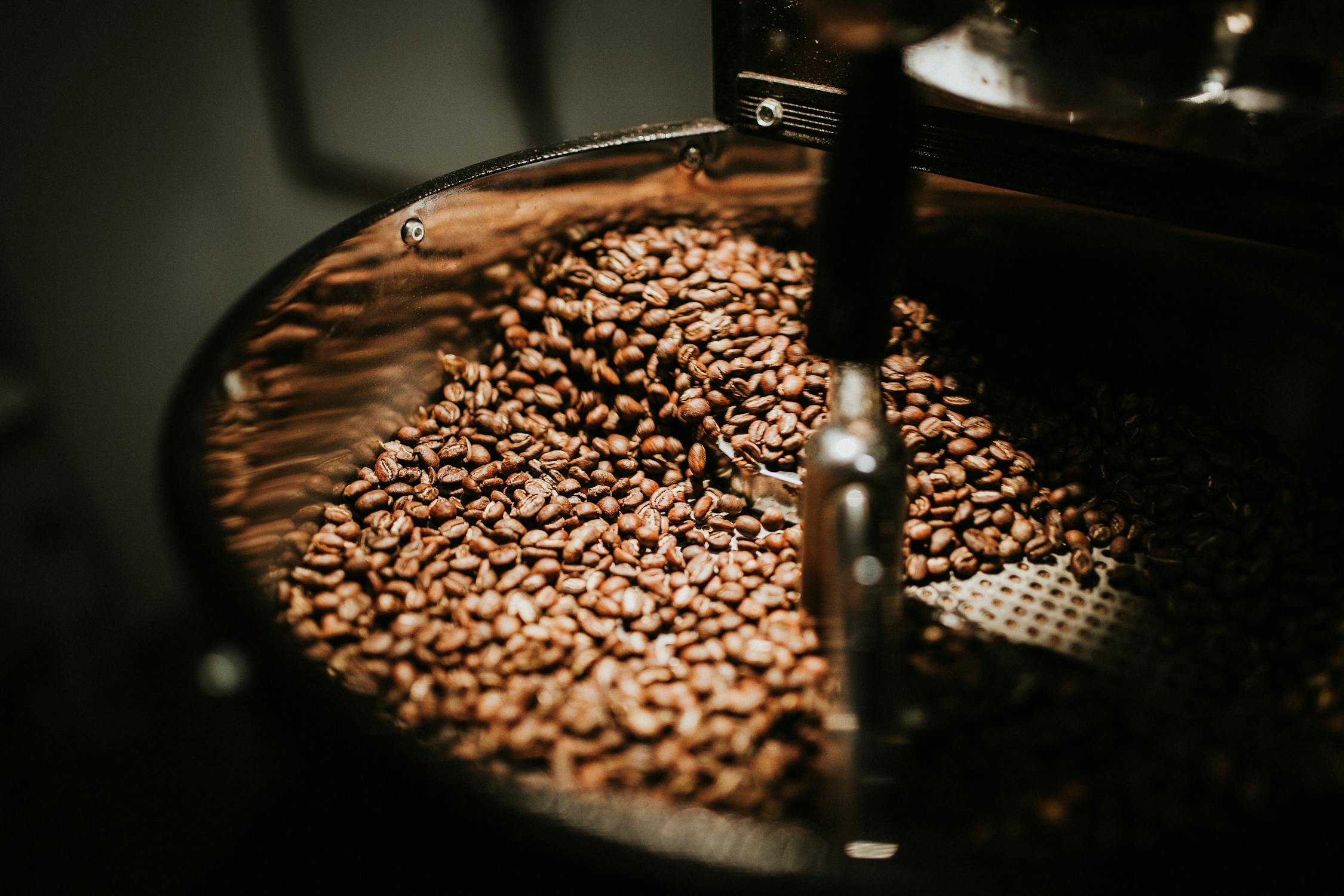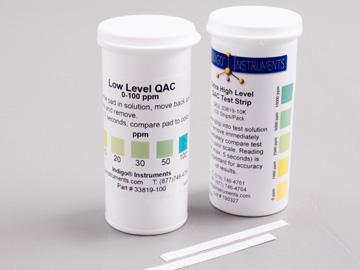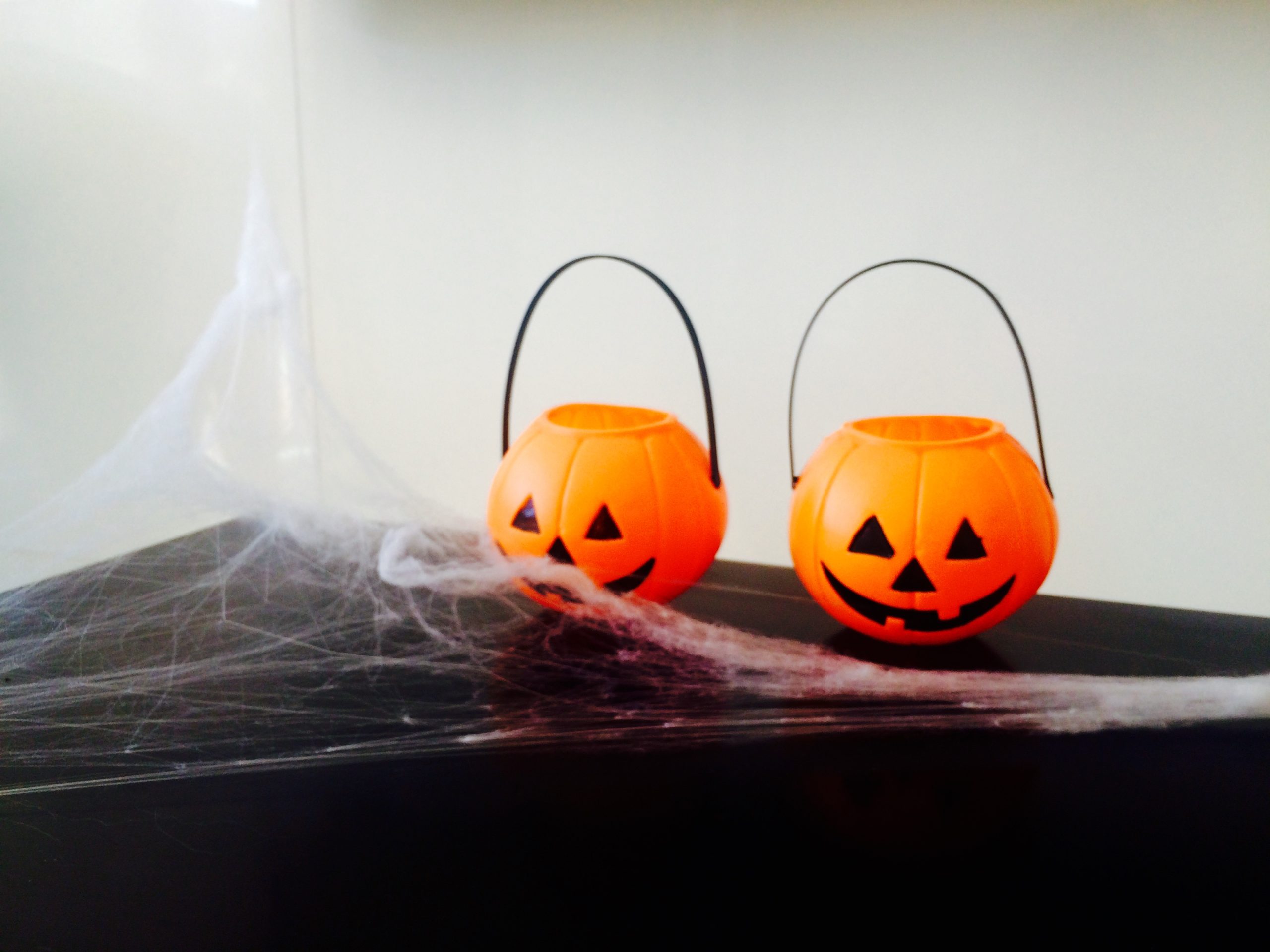The Japanese Tanpopo mission concerned which includes pellets of dried Deinococcus microbes in just aluminum plates that were placed in exposure panels outside the house of the area station.
It can resist 3,000 situations the total of radiation that would eliminate a human and was very first isolated in cans of meat subjected to sterilizing radiation.
This mission was developed to exam the “panspermia” theory, which implies that microbes can move from one planet to an additional and really distribute lifestyle.
Tanpopo signifies dandelion in Japanese.
Study writer Akihiko Yamagishi, who is the principal investigator of the Tanpopo house mission, and his staff in 2018 used an plane and scientific balloons to find Deinococcus germs that was really floating 7.5 miles over Earth’s surface.
This brought on Yamagashi, also a professor of molecular biology at Tokyo College of Pharmacy and Everyday living Sciences, and his staff to surprise if this bacteria, which was resistant to ultraviolet (UV) radiation, could actually survive in space and even the journey to other planets by means of excessive temperature fluctuations and even harsher radiation.
Deinococcus is recognised to sort colonies bigger than 1 millimeter. For the Tanpopo mission, samples of bacteria were geared up in pellets of many thickness and positioned in the wells of aluminum plates. Information was collected on the plates following one, two and three yrs.
Then, the microorganisms ended up tested to see how they fared.
The benefits fully depended on the thickness of the germs. These that had been much larger than .5 millimeters had been able to partially endure, sustaining DNA damage. Whilst the microorganisms on the surface area of the combination, or colony fashioned by the micro organism, died, the researchers discovered a protecting layer beneath it that ensured the colony survived.
“Collectively, these outcomes assistance the likelihood of pellets as an ark for interplanetary transfer of microbes in many many years,” the authors wrote.
The Deinococcus germs analyzed inside the place station did not fare so nicely, where by oxygen and humidity proved hazardous to the micro organism, Yamagishi said.
Dependent on the scientists’ estimates, microorganisms pellets thicker than .5 millimeters could survive in between 15 and 45 many years exterior of the room station in very low-Earth Orbit. The workforce predicted that colonies of this micro organism extra than 1 millimeter in diameter could endure as prolonged as 8 a long time in outer room.
“The effects advise that radioresistant Deinococcus could endure all through the journey from Earth to Mars and vice versa, which is several months or several years in the shortest orbit,” Yamagishi mentioned.
Earlier scientific studies have prompt that microorganisms could endure more time in space if it was shielded by rock, known as lithopanspermia, but this examine has proven that microorganisms aggregates, or colonies, can survive in room, which is named massapanspermia.







